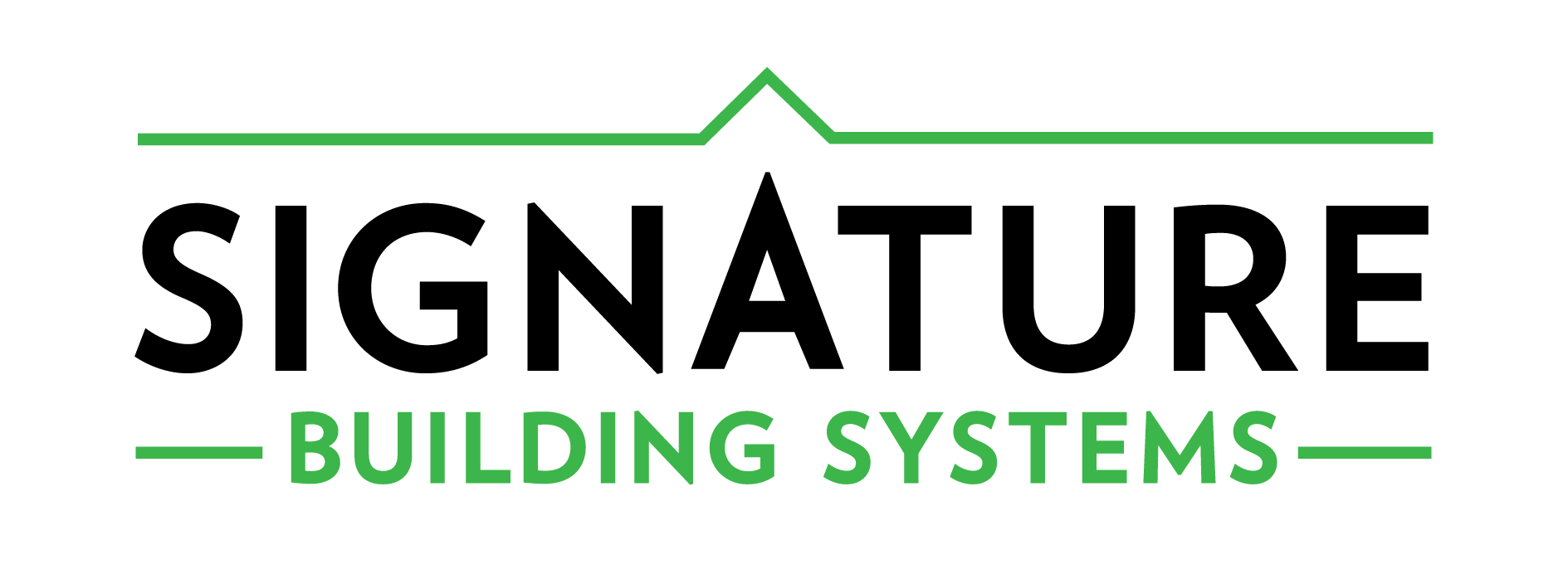Modular vs. CrossMod: Understanding the Real Differences
Modular homes are built to International Residential Code.
If you’ve come across the term “CrossMod,” you might think it’s a new type of home that blends modular and manufactured housing. It’s not. CrossMod is a marketing label for upgraded HUD-code manufactured homes. Modular housing, on the other hand, is a completely different category built to the same standards as site-built houses.
This guide breaks down the key differences between Modular vs. CrossMod so you can make an informed decision.
What Is a Modular Home?
Built to IRC (International Residential Code): Same standard as site-built homes.
Permanent Foundations: Always placed on permanent foundations, inspected to local building codes.
Appraisals & Financing: Treated the same as site-built homes. Eligible for FHA, VA, USDA, Fannie Mae, Freddie Mac, and private lender financing.
Design Range: Everything from ranches and capes to multifamily projects: hotels, student housing, and senior living.
Value: Holds resale value similar to site-built homes.
Modular homes are true real property. The homes are permanent, code-compliant, and recognized by lenders, appraisers, and municipalities.
Modular Homes vs. CrossMod Homes
If it’s not built to IRC, it’s not modular — CrossMod is still HUD-code manufactured housing with cosmetic upgrades.
| Feature | Modular Homes | CrossMod Homes |
|---|---|---|
| Building Code | Built to IRC (same as site-built); inspected to local/state codes. | Built to HUD Code (federal manufactured housing standard). |
| Foundation | Installed on a permanent foundation (always). | Often set on permanent foundations, but code classification remains HUD. |
| Financing | Eligible for conventional 30-yr mortgages (FHA, VA, USDA, Fannie, Freddie, private lenders). | Frequently treated as manufactured housing; limited or niche programs. |
| Appraisal | Compared to site-built comps. | Often compared to manufactured comps, even with upgrades. |
| Resale Value | Generally holds value similar to site-built. | More likely to depreciate; resale less predictable. |
| Design Range | Single-family, multifamily, hotels, student housing, senior living — wide range. | Primarily single-family; limited floorplan flexibility. |
| Customization | High customization in layout, structure, and finishes; equals or exceeds site-built. | Limited; standard HUD layouts with cosmetic add-ons (drywall, porch, garage, roof pitch). |
| Market Perception | Viewed as true housing equivalent to site-built. | Marketed as a “new class,” but recognized as manufactured housing. |
| Bottom Line | Permanent, IRC code, standard mortgages, strong long-term value. | HUD code with upgrades; branding doesn’t change code or lending realities. |
What Is a CrossMod Home?
Built to HUD Code: CrossMod is still manufactured housing. HUD Code is a separate, federally administered standard, not equivalent to IRC.
Cosmetic Upgrades: Includes features like pitched roofs, drywall, garages, porches, and permanent foundations.
Financing Pitch: Marketed as “new class” of homes deserving site-built-style mortgages, but most lenders still classify them as manufactured.
Market Limitation: Generally limited to single-family housing.
CrossMod = manufactured home + cosmetic add-ons. It doesn’t change the underlying code, financing challenges, or consumer perception.
Cross-Mod built to HUD Code.
Custom Modular Home built to IRC, State and Local Codes.
Why the Distinction Matters
Financing Options – Modular qualifies for mortgages. CrossMod usually doesn’t.
Resale Value – Modular holds long-term value; CrossMod may not.
Consumer Transparency – Buyers deserve to know that CrossMod is not a new category, just HUD housing with lipstick.
Policy Clarity – Confusing regulators and appraisers with “CrossMod” risks diluting the credibility of true modular construction.
Disaster Performance: Why Modular Holds Up When Cross-Mod Fails
Disaster testing separates real engineering from marketing.
Cross-mod homes are built to HUD standards and do not take into account strict local building code requirements, a weak point when storms hit, especially in hurricane prone coastal communities. Modular homes are engineered as complete structural systems approved by a structural engineer and designed to meet the local codes and wind shear.
Verified strength: Modular homes are engineered and built to handle greater structural loads and connection forces than typical site-built, HUD or cross-mod hybrids.
Code compliance: Modular construction follows state building codes and local wind shear requirements for permanent housing and the less resilient HUD or hybrid standards.
Resilience ready: Modular designs can elevate living areas above floodplains, reinforce shear walls for hurricane zones, and integrate easily into disaster-recovery programs.
When extreme weather hits, modular homes stay intact while HUD and CrossMod struggle. Learn how modular is reshaping recovery in Modular Disaster Recovery: Faster, Smarter, Stronger.
FAQs
Is CrossMod the same as modular housing?
No. Modular homes are built to IRC code; CrossMod is HUD-code manufactured housing with upgrades.
Can CrossMod homes be financed like modular homes?
Not consistently. Some pilot programs exist, but most lenders still treat CrossMod as manufactured housing.
Do CrossMod homes hold value?
CrossMod homes generally depreciate faster than modular homes, which hold value like site-built properties.
Who created CrossMod?
The term was created and promoted by Clayton Homes and manufactured housing trade groups.
If it’s not built to IRC, it’s not modular.
CrossMod is Clayton’s attempt to rebrand manufactured housing, but it doesn’t solve the financing, code, or perception challenges facing HUD-code homes.
For buyers, lenders, and policymakers, the path is clear: Modular housing delivers permanent, scalable, real-property solutions. CrossMod does not.





